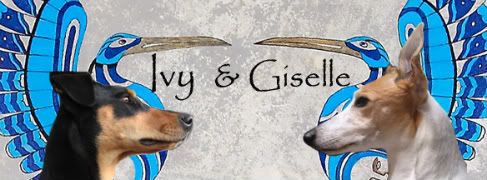Sounds pretty normal for a 10-month-old puppyPuppies are intense, regardless of breed. Some puppies are more intense than others (i.e. high energy breeds like Border Collies and Vizsla), but puppies in general are very intense - pugs, included!
What it sounds like is that the process of adding Riley into the household allowed Daisy to take advantage of the increasingly lax rules. The rules that you'd stipulated before (waiting before dinner, permission to get onto furniture, etc) were good. But Daisy won't follow the rules if there aren't repercussions or if you don't enforce them. It's a bit like our judicial system. The court can ENACT law, but it's up to the authorities to ENFORCE law. You have to both enact and enforce. And if Daisy doesn't follow the rules, there are repercussions. Daisy won't wait? Oh well, Daisy will not receive dinner. Daisy won't wait for your permission to jump onto the furniture? Oh well, put her on the floor. You follow the rules, or you don't get what you want (this is, in psychological jargon, negative punishment). That, again, ties into NILIF, which you've already touched upon: http://k9deb.com/nilif.htm
Daisy has placed herself above the puppy. That's okay. Dogs need a hierarchal structure within themselves, so let them sort it out. If, however, you notice Daisy starting to hurt Riley and continuing to do so despite his obvious discomfort, step in and stop it. A clap of the hands and a VOG "NO!!!" will end it. If she pauses but then continues to harass him, put her into a time out but do NOT crate her. Never use the crate as punishment. You can tether her to a table or just completely ignore her.
You absolutely need not worry about Riley's relationship with you. Dogs love being with their own species, but YOU are their owner, their human. You are another entity altogether, and they know that. You are the giver of food, of love, of leadership. Maintain that role well, and you need not worry about your relationship with Riley. You're "Mom"! Siblings are lovely, but moms are irreplaceable. Dogs, of all beings, know this best.
Also, it has become increasingly accepted within the psychological and dog training community that physical punishment should be used with caution. Muzzle grabbing has more or less joined the list of "outdated" methods that are either ineffective in the long run or detrimental altogether. If you have an example of when you'd normally use a muzzle grab, you can post it here so that we can help you find a healthier alternativePositive reinforcement and negative punishment work wonders. Positive punishment (aversives) can and will be used in your training, but I would hesitate to implement physical corrections. Let us know how it goes!







 Reply With Quote
Reply With Quote
Bookmarks